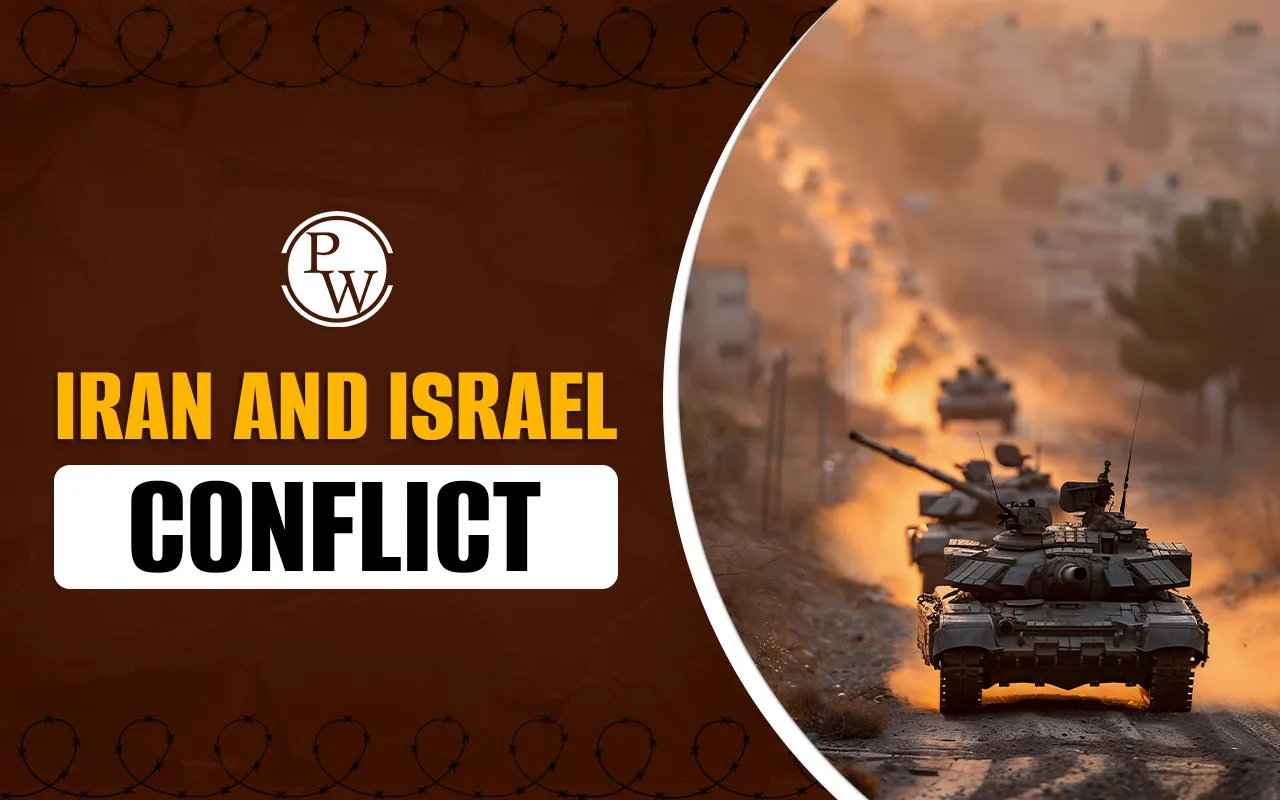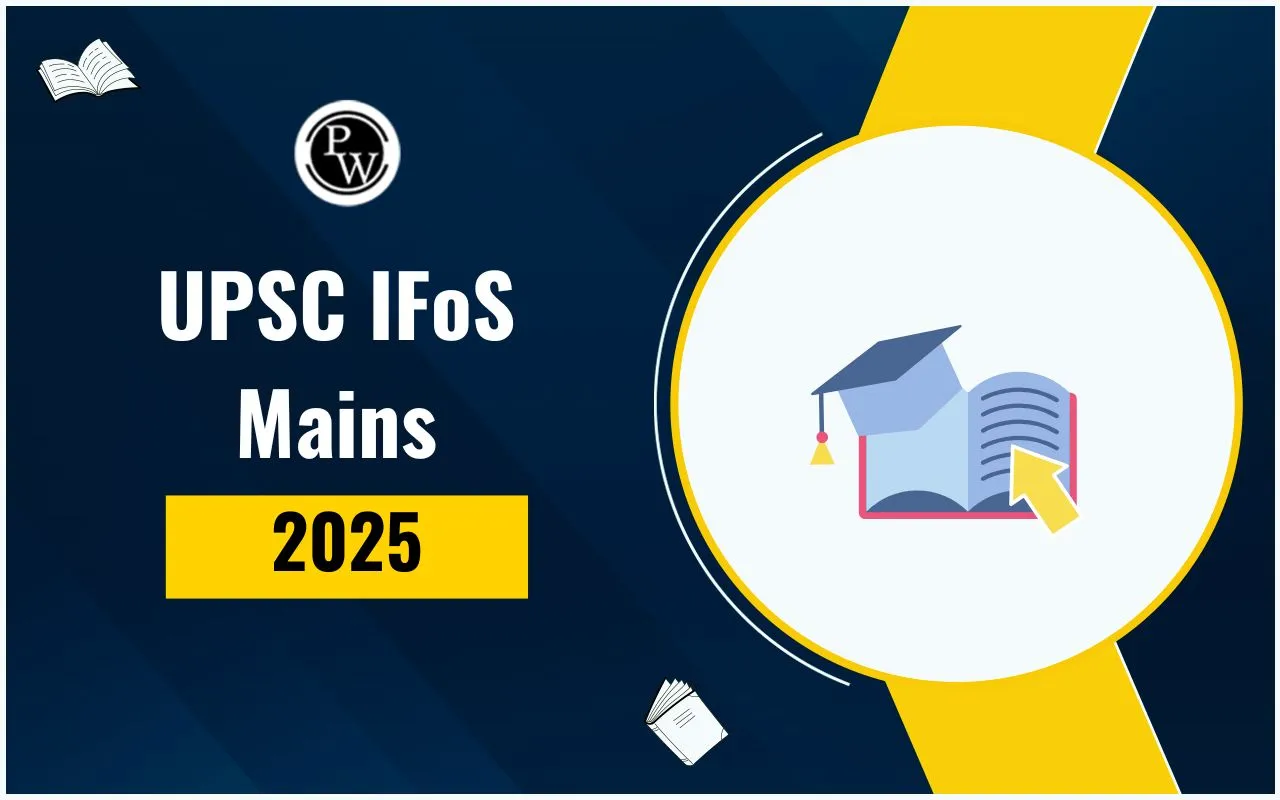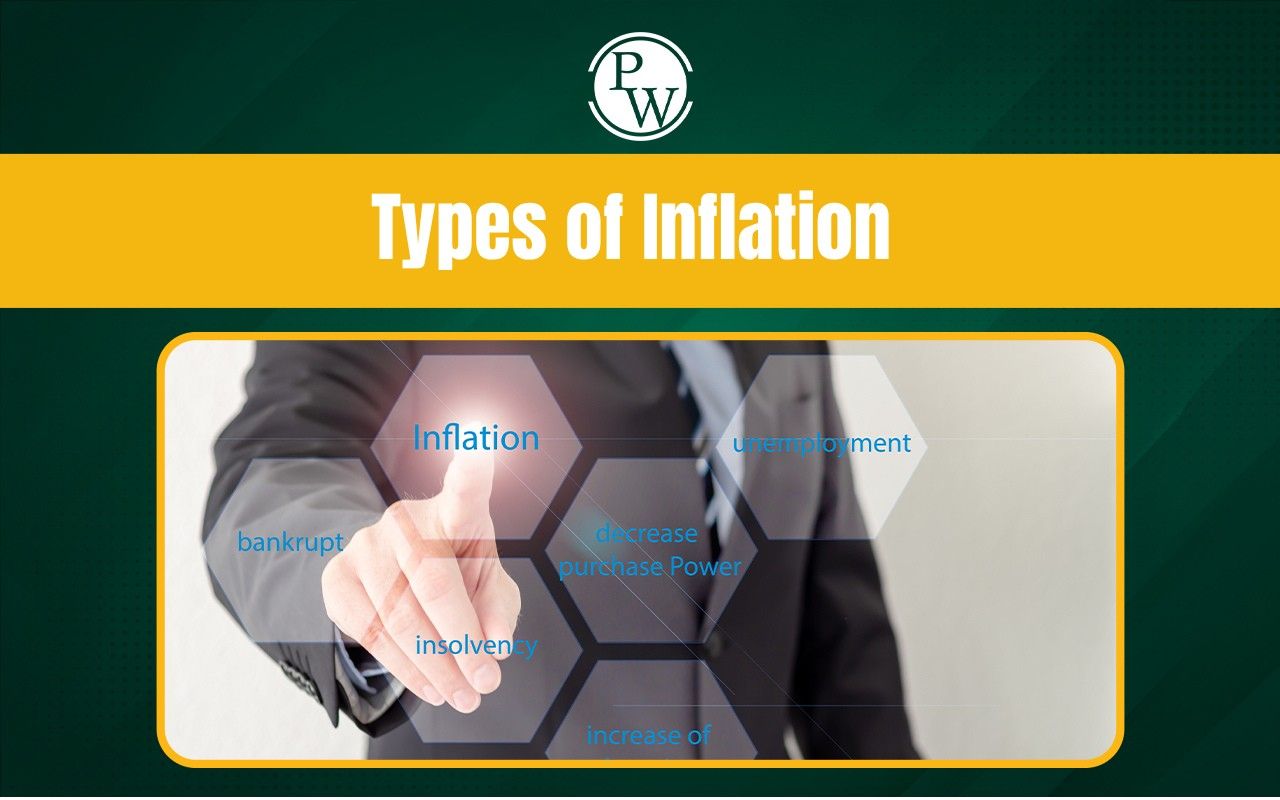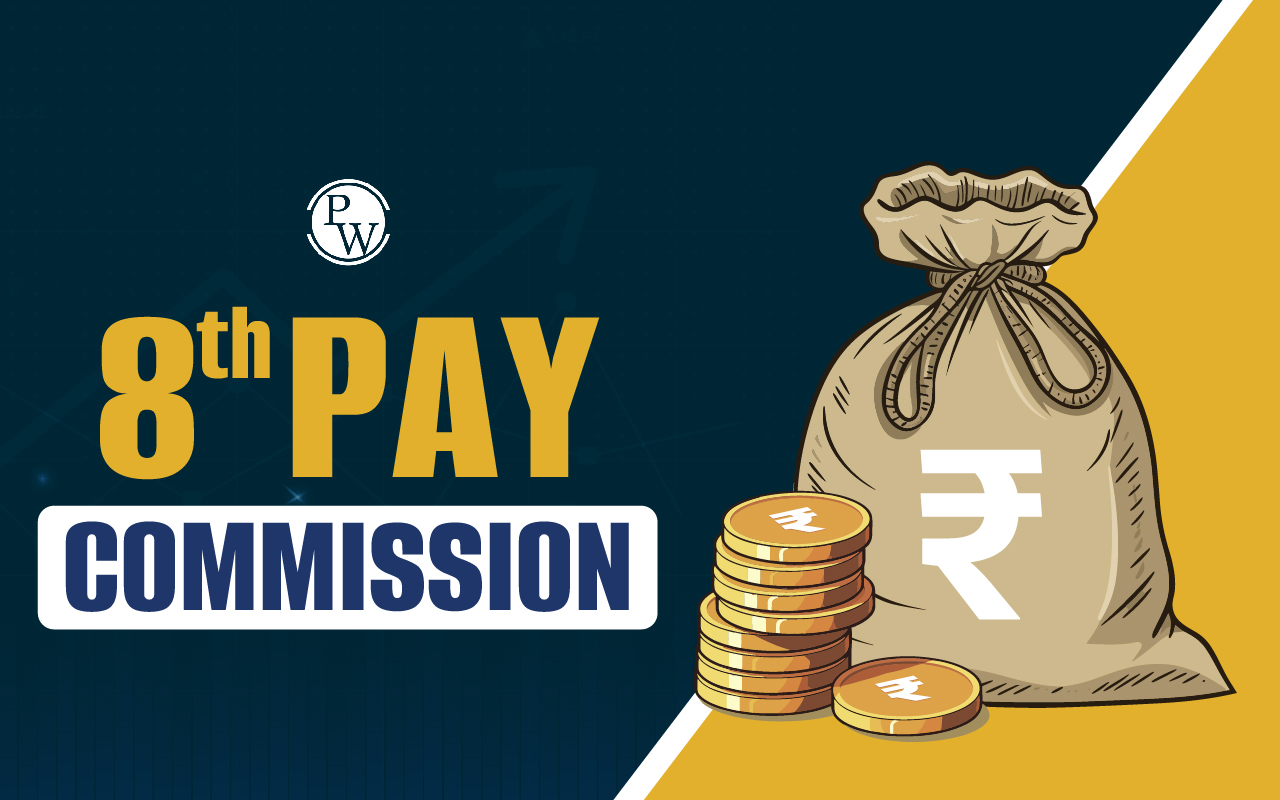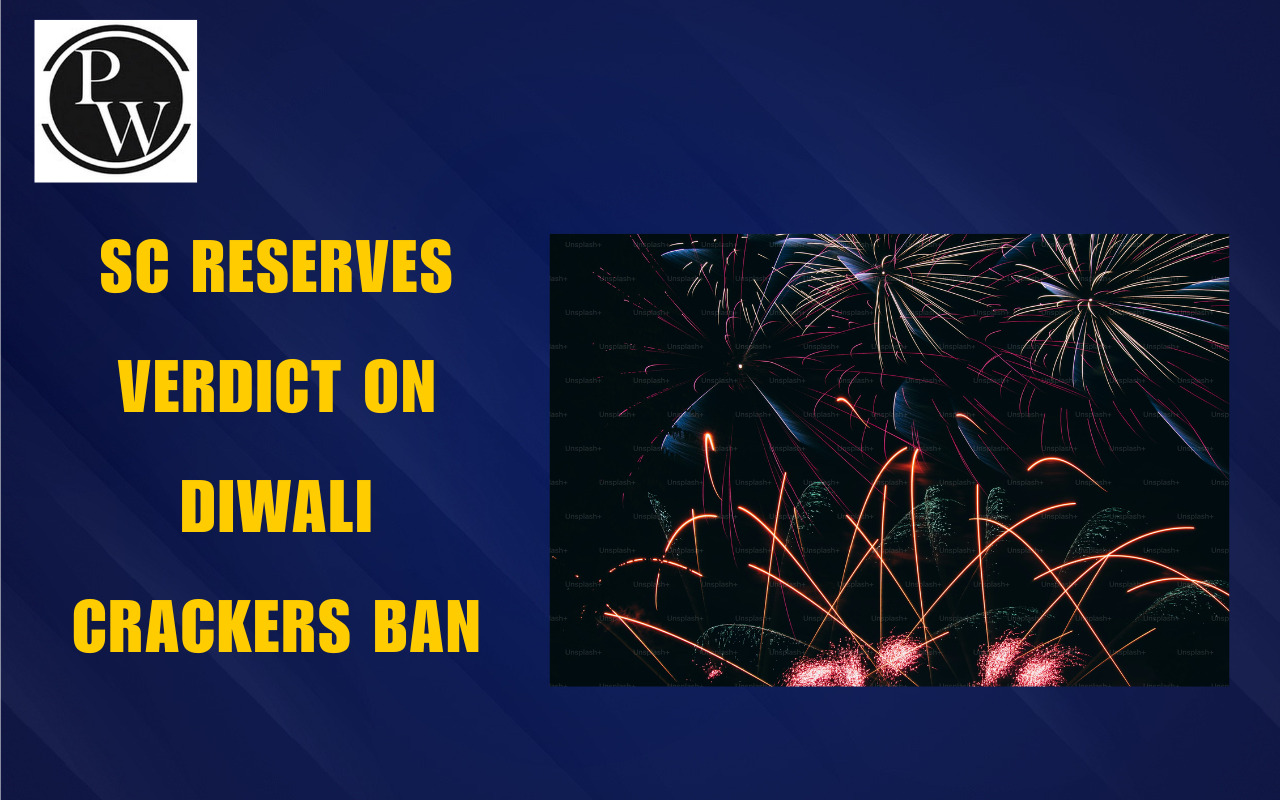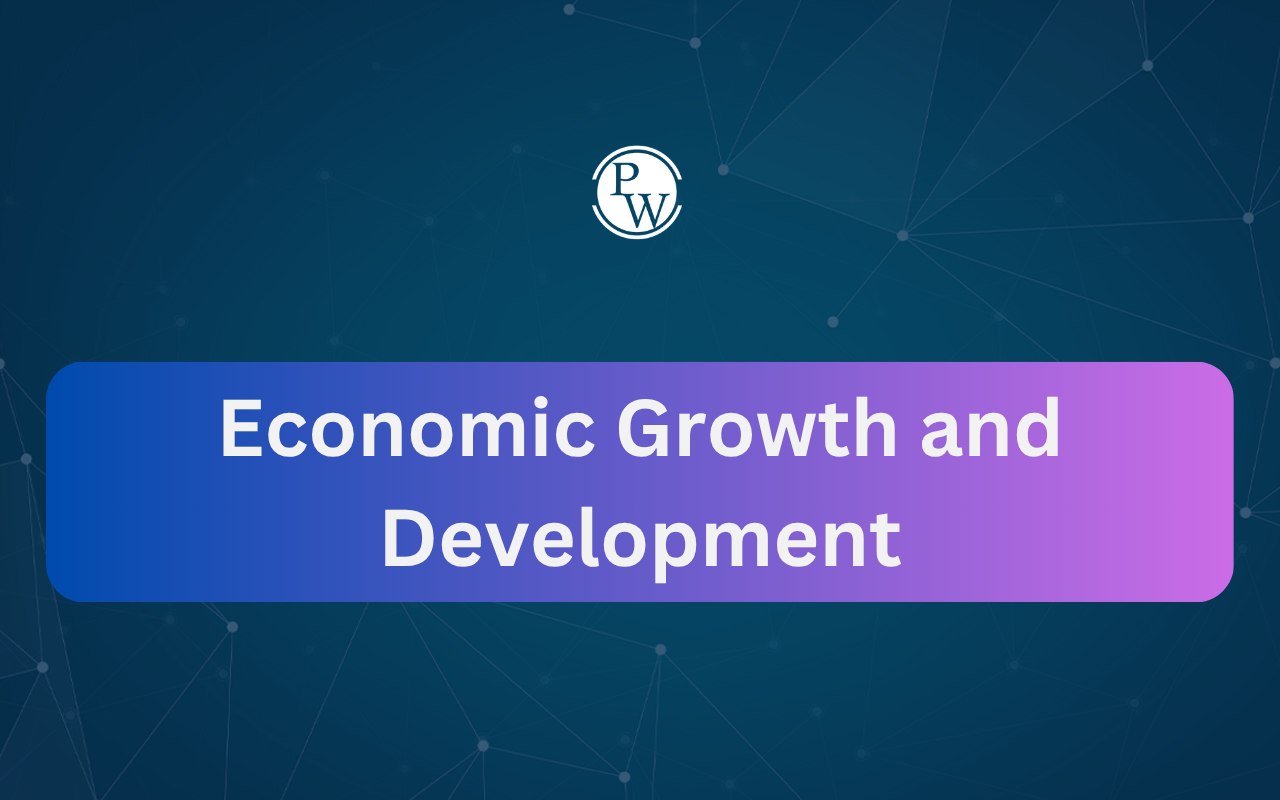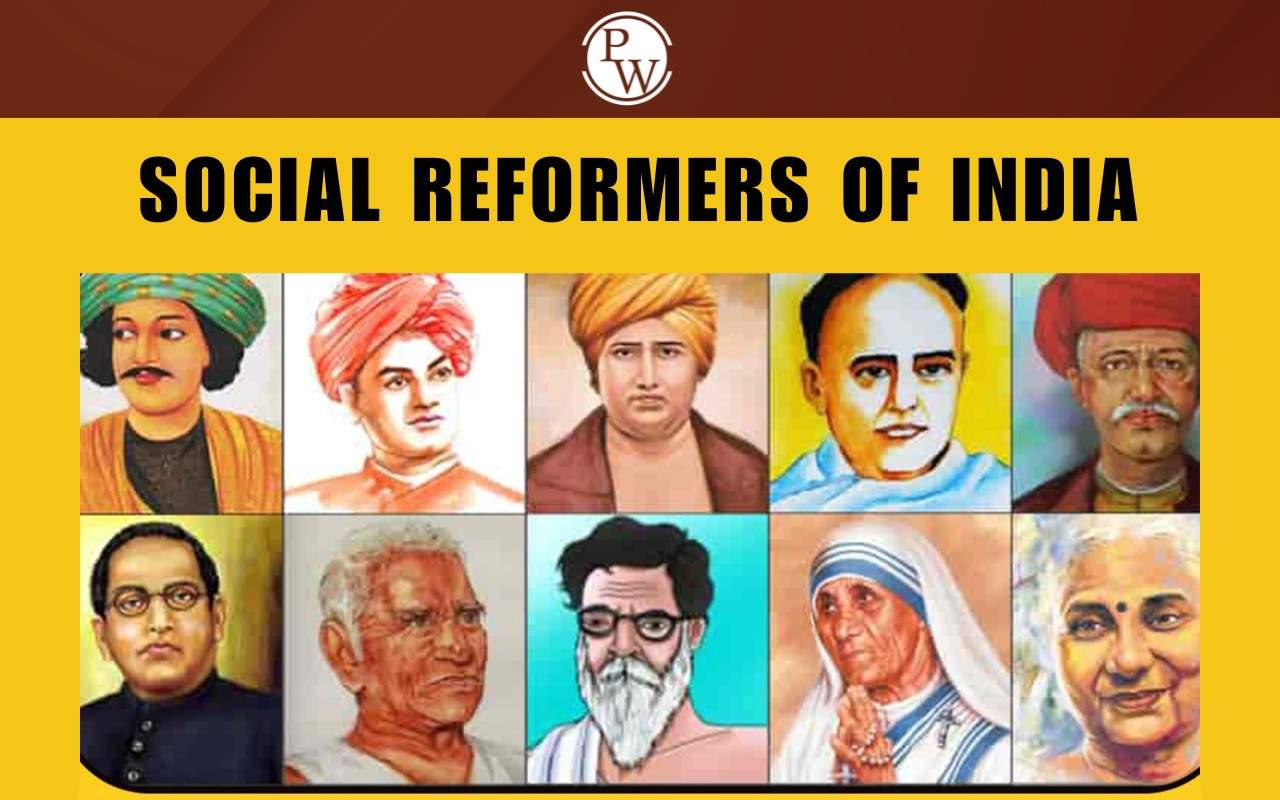
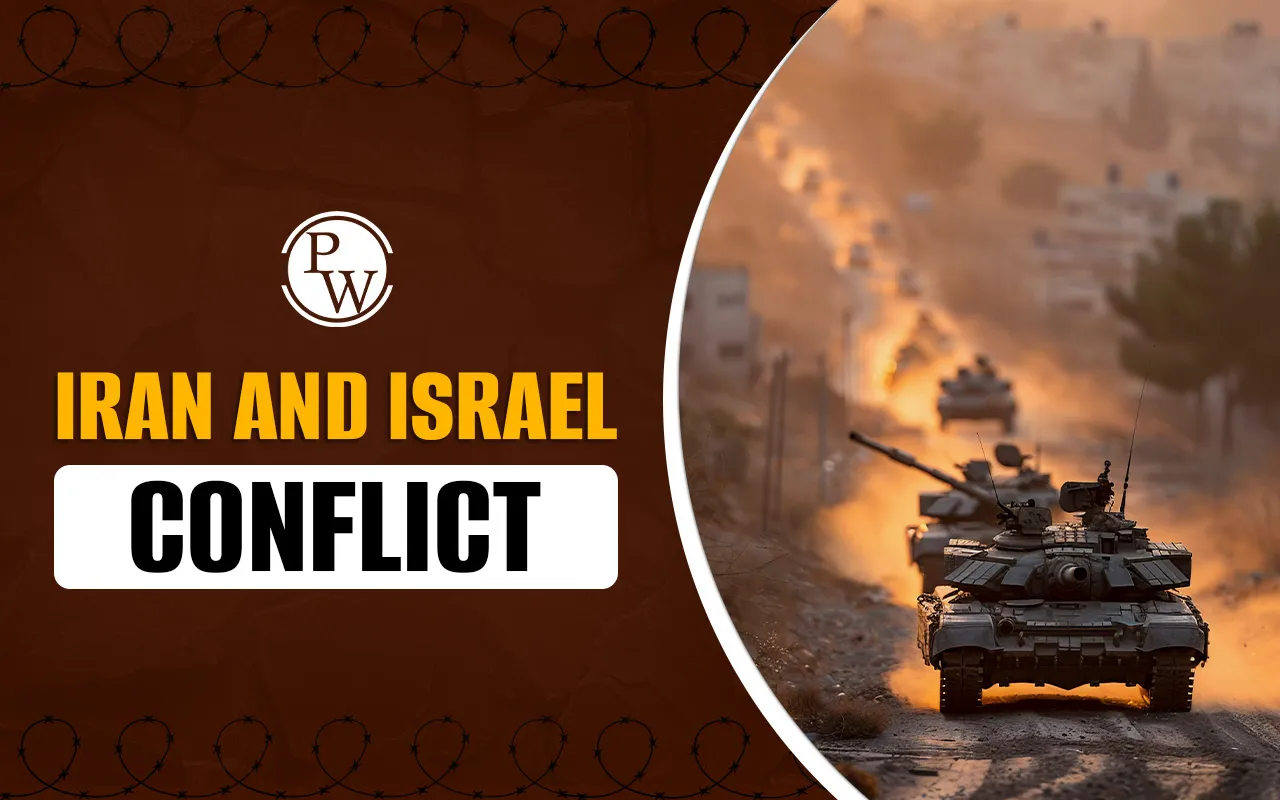
The Iran-Israel conflict is one of the most talked-about geopolitical tensions in the Middle East. In 2025, the conflict escalated further as Israel, under “Operation Rising Lion,” attacked key Iranian nuclear and military sites, prompting Iran’s retaliatory missile attack on Jerusalem and Tel Aviv under “Operation True Promise 3.” Iran-Israel conflict has deep historical roots, but current developments have brought new threats and challenges.
Iran-Israel Conflict Latest News
Despite a U.S.-brokered ceasefire announced by President Donald Trump, hostilities between Iran and Israel have continued. The ceasefire, mediated by Qatar, was set to begin at 7 a.m. local time in Israel, but both nations have since accused each other of violations. Iran launched missiles into Israel, which led to Israeli retaliation with strikes on Tehran.
Tensions escalated further when Iran targeted a U.S. base in Qatar, though no casualties were reported. While leaders from both countries acknowledged the ceasefire, the situation remains volatile, with ongoing military actions undermining diplomatic efforts.
What is the Iran-Israel Conflict?
The Iran-Israel conflict is not a traditional war, instead a long-running and complex rivalry between the Islamic Republic of Iran and the State of Israel. Israel is a Jewish state, while Iran is a Shia Islamic republic. Their conflict involves political hostility, proxy warfare, cyberattacks, and, most recently, direct military confrontations.
In 2025, the conflict grew more dangerous due to suspected Iranian support for groups attacking Israel. Israel, in response, increased its airstrikes under “Operation Rising Lion”. Both sides accuse each other of destabilising the region. While they have never fought a full-scale war, tensions between Iran and Israel have led to many clashes over the years.
The world watches this conflict closely because it could affect global oil supply, nuclear security, and regional peace.
Also Read, Operation Sindhu
Iran-Israel Conflict Reason
There are several reasons behind this deep conflict between Iran and Israel. The main ones are:
-
Ideological differences: Iran’s post-revolutionary government does not recognize Israel’s right to exist and has called for its eradication. Israel, in turn, sees Iran as a major threat to its existence.
-
Nuclear threat: Iran's nuclear programme is a major concern for Israel. Israel believes Iran is trying to build nuclear weapons, which could be used against it.
-
Support to militant groups: Iran funds and arms anti-Israel groups like Hezbollah (in Lebanon) and Hamas (in Gaza). These groups frequently attack Israeli targets.
-
Regional dominance: Both countries want to become regional superpowers in the Middle East. Their fight for influence leads to proxy wars and political clashes.
-
Geopolitical alliances: Israel is backed by the US, while Iran is supported by countries like Russia and Syria. These alliances make the conflict more complex.
These reasons fuel the Iran-Israel conflict and make peace talks nearly impossible.
Iran-Israel Conflict History
The Iran and Israel relationship was not always hostile. Before the 1979 Iranian Revolution, both countries had diplomatic ties. Iran was ruled by Shah Mohammad Reza Pahlavi, who maintained friendly relations with Israel. But after the Islamic Revolution, things changed. The new Iranian regime, led by Ayatollah Khomeini, declared Israel as an enemy.
Iran stopped recognising Israel and started supporting Palestinian groups. Here is the Iran-Israel conflict timeline:
| Period | Key Events |
| Pre-1979 | Close Iran-Israel ties under the Shah; cooperation in trade and security. |
| 1979 Islamic Revolution | Iran cuts ties after the fall of the Shah; declares Israel an enemy and begins supporting anti-Israel groups. |
| 1980s–2000s (Proxy Era) | Iran backs Hezbollah and Hamas; Israel responds with covert ops, airstrikes in Syria, and support for Iranian dissidents. |
| 2006 Lebanon War | Hezbollah, supported by Iran, fights Israel to a standstill, elevating Iran's regional influence. |
| 2008–2023 Gaza Wars | Iran supports Palestinian factions in repeated conflicts with Israel. |
| 2010s (Cyber & Nuclear) | Stuxnet cyberattack on Iran’s nuclear program; Iranian nuclear scientists assassinated (blamed on Israel); nuclear tensions rise. |
| Oct 7, 2023 | Iran-backed Hamas launches a major attack on Israel, killing 1,200 and abducting 250, sparking the most severe Israel-Hamas war to date. |
| 2024 | Escalations include Israeli sabotage in Iran, airstrikes on consulates, and Iran’s missile/drone attacks on Israel. |
| June 2025 | Israel launches "Operation Rising Lion" targeting Iranian nuclear/military sites; Iran retaliates under “Operation True Promise 3”; U.S. joins with airstrikes. |
This history shows a pattern of escalation, making the Iran-Israel conflict one of the most dangerous flashpoints today.
Implications of the Iran-Israel Conflict
The Iran-Israel conflict affects not just the Middle East, but the whole world. Here are some of the major implications:
-
Regional instability: The conflict adds to the already unstable Middle East. Countries like Syria, Iraq, and Lebanon are caught in the middle.
-
Threat of nuclear war: If Iran gets nuclear weapons, Israel may launch a pre-emptive strike. This could start a regional war.
-
Rise in oil prices: Any war in the region can disrupt the oil supply. This leads to global oil price hikes, hurting many economies.
-
Terror attacks: Iran-backed groups may launch more terror attacks on Israel or its allies.
-
Humanitarian Crisis: A prolonged conflict could displace 20–30 million people, triggering a major humanitarian disaster and overwhelming neighboring countries like Pakistan.
-
Involvement of superpowers: The US and Russia are involved, directly or indirectly. A misstep could lead to a bigger war involving these nations.
Iran-Israel Conflict’s Impact on India
India has strong ties with both Iran and Israel. So, the conflict affects Indian diplomacy and economy in many ways:
-
Oil Supply: India is highly dependent on crude oil imports, with about 60–65% of its crude passing through the Strait of Hormuz. Conflict in the region affects the supply and increases fuel prices.
-
Trade Disruptions: Trade with Israel ($2.1B exports) and Iran ($1.24B exports) is being hit. Indian exporters are holding shipments due to shipping delays, insurance hikes, and payment risks.
-
Shipping & Connectivity: Flights to West Asia, Europe, and the U.S. suspended by Indian carriers. Ships rerouted around Africa, raising transport time and costs.
-
Strategic Partnerships: Conflict strains India’s balancing act between Israel, Iran, and U.S.-aligned Gulf states. The strategic Chabahar Port project with Iran is also under threat.
-
Financial Market Volatility: Rising oil prices and geopolitical risks are weakening the rupee and affecting bond markets.
-
Indian Diaspora: Many Indians work in the Middle East. Rising tensions could put them at risk.
So, India must carefully balance its foreign policy between Iran and Israel while protecting its national interests.
In conclusion, the Iran-Israel conflict is a serious issue with global effects. Therefore, it needs global attention, balanced diplomacy, and strong peace efforts.
Want to stay ahead in current affairs for UPSC? Join PW UPSC Courses for guidance, detailed analysis, and current updates you need to crack the exam!
Iran-Israel Conflict FAQs
Why are Iran and Israel in conflict?
When did the Iran-Israel conflict start?
How does this conflict affect India?
What is the problem between Iran and Israel?
Can the Iran-Israel conflict trigger a larger global crisis?

UPSC Coaching
